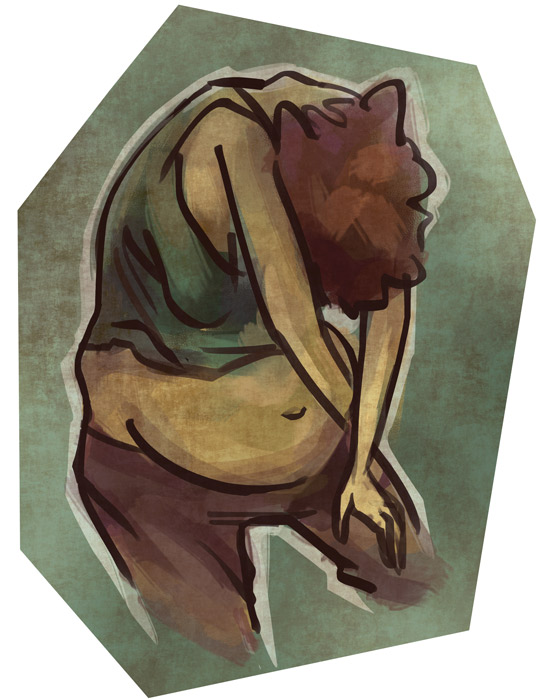Everyone is afraid of something, or at least that’s what we’re told. According to the U.S. National Institute of Mental Health, an estimated 8.7 per cent of the adult population suffers from a phobia, or a “marked and persistent fear and avoidance of a specific object or situation.” The good news is that it’s widely accepted in the psychiatric community that common phobias—even in the most severe cases, affecting 1.9 per cent of the population—can be successfully treated with cognitive and behavioural therapy.
Most research on phobias has been done on the fear of spiders, flying, snakes, germs, and other relatively common and well-known phobias. But what about the phobias that we don’t have a name for, or newly-recognized phobias? Can established therapy methods be expanded to treat less explored phobias, such as the fear of pregnancy and childbirth?
According to Assistant Professor Dr. Tuong Vi Nguyen of the McGill University Health Centre (MUHC), the solutions to a fear of giving birth, called tocophobia, and the fear of spiders, called arachnophobia, are surprisingly aligned.
“We have a high-risk population at the MUHC and there were a lot of women with severe birth trauma,” Dr. Nguyen said. “And during their second or third pregnancy, [she] could have post-traumatic stress disorder that manifests through the fear of childbirth, and that is tocophobia.”
In addition to this secondary type of tocophobia, Dr. Nguyen also came across a different variety that didn’t require previous traumatic childbirth experience.
“There are also women with primary tocophobia, women who have never been pregnant or given birth,” Dr. Nguyen said. “They were so fearful of giving birth, they would avoid the whole pregnancy experience.”
Currently, there is limited research about the prevalence of tocophobia and its causes. However, Dr. Nguyen estimates that, based on the studies she has seen, approximately 20 per cent of women have a moderate fear of childbirth.
“And six to 10 per cent of them will be dysfunctional because of it,” Dr. Nguyen added. ”One of my patients said she was so disgusted that she wasn't able to go see her pregnant friends or family. So that completely cuts you off from big transitions in the life of friends and family, really leading to social dysfunction.”
It was clear that Dr. Nguyen and her colleagues at the MUHC needed to address the high volume of women contacting her about their experiences with tocophobia.
“At this stage at the MUHC, we are really thinking of establishing the basics of what we can offer these women, how we can improve this condition,” Dr. Nguyen explained.
Tocophobia is unique because, for the people who suffer from it, they must face their fear on a regular basis.
“People who are very afraid of planes, or spiders, or snakes, they have phobias similar to tocophobia,” Dr. Nguyen said. “But in their case, if you live in Quebec it’s pretty easy to avoid [these things], so it’s easy for them. But, if you’re really phobic about giving birth and you want children, that’s a real problem for you.”
Tocophobia is similar to other phobias in that it is likely to be responsive to cognitive behavioural therapy. Through gradual exposure to pictures and videos of childbirth, women can improve their psychological state when exposed to triggering subject material.
Despite individual psychotherapy programs having demonstrated the most effectiveness in treating phobias, the MUHC has focused on developing group therapy programs because they are the most cost-effective method.









